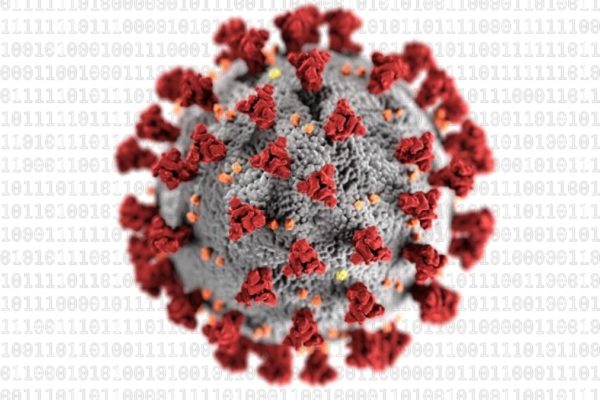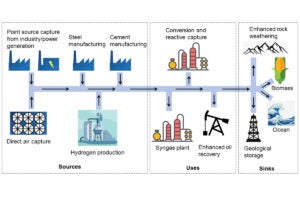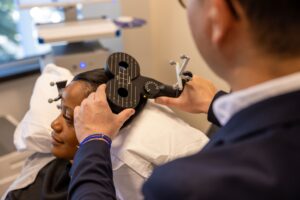Every day it seems we read news headlines that connect science denialism to cruel indifference and death. Just recently, when talking about the initial COVID-19 response, Speaker of the House Nancy Pelosi asserted that “[President Donald Trump’s] denial at the beginning was deadly.” In Arizona, some residents called their Republican governor’s refusal to issue a stay-at-home order “a sick experiment.” And in Brazil, President Jair Bolsonaro has showed some of the most ignorant denialism with the bizarre and insulting claim that Brazilians don’t catch anything, saying: “You see a guy jumping into sewage, diving in, right? Nothing happens to him.” And this while cases in Brazil were in the thousands and deaths were approaching 100.
Science denialism has reared its head before. Most notably in response to the climate crisis and in the anti-vaccine movement. But in those cases, mainstream headlines rarely link denialism to death and “sick” cruelty. And when they do, those headlines readily invite charges of alarmism, fearmongering and doomsday extremism. Today, it’s harder for these accusations to stick.
The deniers have certainly tried. They’ve called those staying home and those exhorting us to do so fearmongers. They’ve said the economy is more important than our grandmas and grandpas, and business matters more than functioning hospitals and less burdened caregivers. They’ve told Christian believers that they have nothing to fear from the virus and to congregate. They’ve told America we’ll be open for business in no time. They’ve kept pursuing the joys and conveniences of privileged American life, denying the virus is in their midst and their vulnerability to it. This is what science denialism looks like.
Of course, none of this quite sounds like a death wish. It sounds like many things Americans prioritize daily: money, worship, fun, business as usual. But these self-interested and indifferent responses to the pandemic show that rejecting scientific consensus about life-threatening, world-shattering changes — whether they be to the climate or to our bodies — amounts to a death wish imposed on others. With the exception of one Texas lawmaker offering to martyr himself to the economy, few see themselves as the victims of their indifference. The victims are instead “others,” however defined.
As COVID-19 spreads, denialism is a wish foisted on those without job security or savings whose employers stay “open for business” and who feel they should go to work no matter what. It falls on immunocompromised people who cannot go out, or on nurses pulling double shifts without protective equipment, or neighbors without health insurance who go to the same grocery store as those still attending church services.
We need to see science denialism for the deadly effects it has. Denialism typically works through false choices: economy or environment, now or the future, me or that person. These choices are lethally erroneous, but we can learn from them. We can learn that scientific consensus must be given some deference. This is especially true when making policies preserving public health and collective well-being.
There are times when we should question science. Medical research has been and continues to be a tool for racism, sexism and other despicable ends. Unintended biases often riddle data about human health and behavior. Uncertainty is part and parcel of scientific modeling and projections. We should acknowledge these limitations to science, but then what do we do?
We should ask: What is the consensus among experts? If public health organizations such as the World Health Organization and the Centers for Disease Control and Prevention are united in warning the situation is dire, we must heed that. Our leaders must build public trust by consistently and frequently backing up these messages in word and in deed.
Denying the severity of COVID-19 is tantamount to denying the worth of the thousands who have died and the thousands more who will. We need to stand up to science denialism to protect lives and show that they matter.
Heather Houser is an associate professor of English at The University of Texas at Austin.
A version of this op-ed appeared in the Lubbock Avalanche Journal, Austin American Statesman, Corpus Christi Caller Times, and the Waco Tribune Herald.




